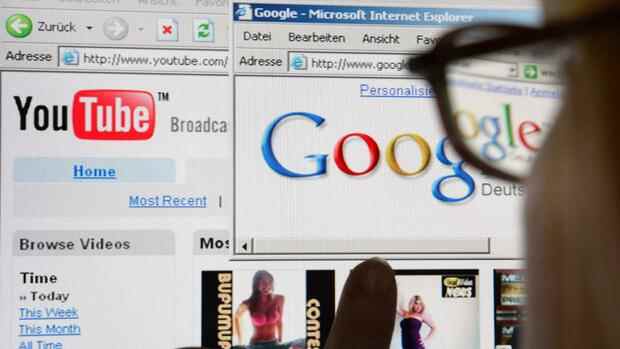There were clear indications of manipulation in the Brexit referendum, the vote on the independence of Catalonia, the referendum on the renaming of what was then Macedonia in North Macedonia and the US presidential election in 2016. In the case of the EU election, there was accordingly also the risk that disinformation campaigns would have a significant impact on the election results – and thus on the future of the European Union.
Disinformation or fake news are major threats to Western democracies, as they reduce trust in the established party system and thus make it more difficult to find a majority after elections.
The EU is therefore doing a lot to put an end to the problem. This not only includes the fact that Brussels has condemned platform operators such as Facebook, Google and Co. to take action against fake news. It also includes many measures taken by the Commission’s European External Action Service in cooperation with the Member States. The Brussels fake news fighters have a budget of 11.1 million euros this year alone.
Top jobs of the day
Find the best jobs now and
be notified by email.
The EU action plan against disinformation presented in December 2018 before the European elections in May 2019 included the introduction of a rapid alert system, known in technical jargon as the “Rapid Alert System”, or RAS for short.
This rapid alert system, which went into operation in March 2019, is a platform that is intended to enable EU countries to inform each other about cases of disinformation and to raise the alarm. In this way, politically motivated campaigns should be put to a quick end.
Rapid alert system does not sound the alarm despite disinformation campaigns
However: In 2020 it became known that the warning system had not yet failed a single time – despite the fact that there was verifiably a lot of false news on numerous topics that were circulating in public across Europe. The expensive rapid alert system did not seem to be working as intended.
That could still be the case, as a response from the federal government to a request from the FDP shows. The corresponding paper is available from the Handelsblatt.
It is true that the Federal Government refuses to answer the specific question of how often the early warning system has worked since 2019, on the grounds that “making the information public can be detrimental to the safety and interests of the Federal Republic of Germany”. However, she answers other questions so evasively that the purpose of the rapid alert system can be called into question. For example, she ignores questions about how many disinformation campaigns have been prevented by the rapid alert system and how well or poorly the cooperation with the Member States works.
The FDP member of the Bundestag Jürgen Martens, who also has detailed information classified as secret, says accordingly: “I cannot see that the system would work. The reported numbers are very low – and that’s put in a friendly way. “
Long reporting channels within Europe
In his assessment, the reason for this lies primarily in the long reporting channels, with an additional detour via the EU Commission, which does not work with a rapid information system – and in the difficulty of recognizing targeted incorrect information as such and also as significant throughout Europe.
The project reminds him of an EU rapid alert system in the customs area that was launched in the 1970s. The reported cases were in the single-digit range at the time, and it sometimes took half a year for the information to be forwarded to the right places. The reasons: long communication channels, bureaucracy, translation issues.
After all, no member state seems to oppose the use of the rapid alert system, as the Federal Government’s answer shows.
Issues with divisive potential, such as climate change, migration and foreign policy, are particularly affected by the spread of targeted misinformation. Since last year, the corona pandemic, especially with regard to vaccines, has also been the subject of disinformation campaigns.
More: Social networks should disclose measures against incorrect corona information
